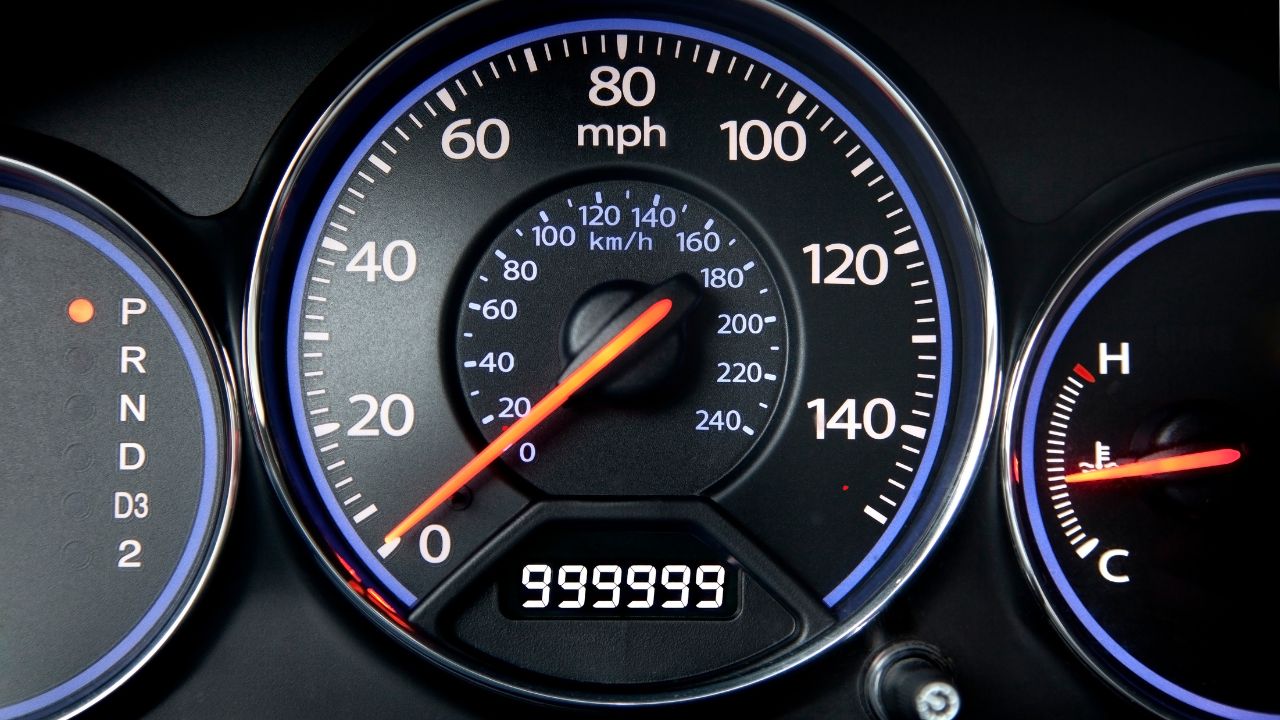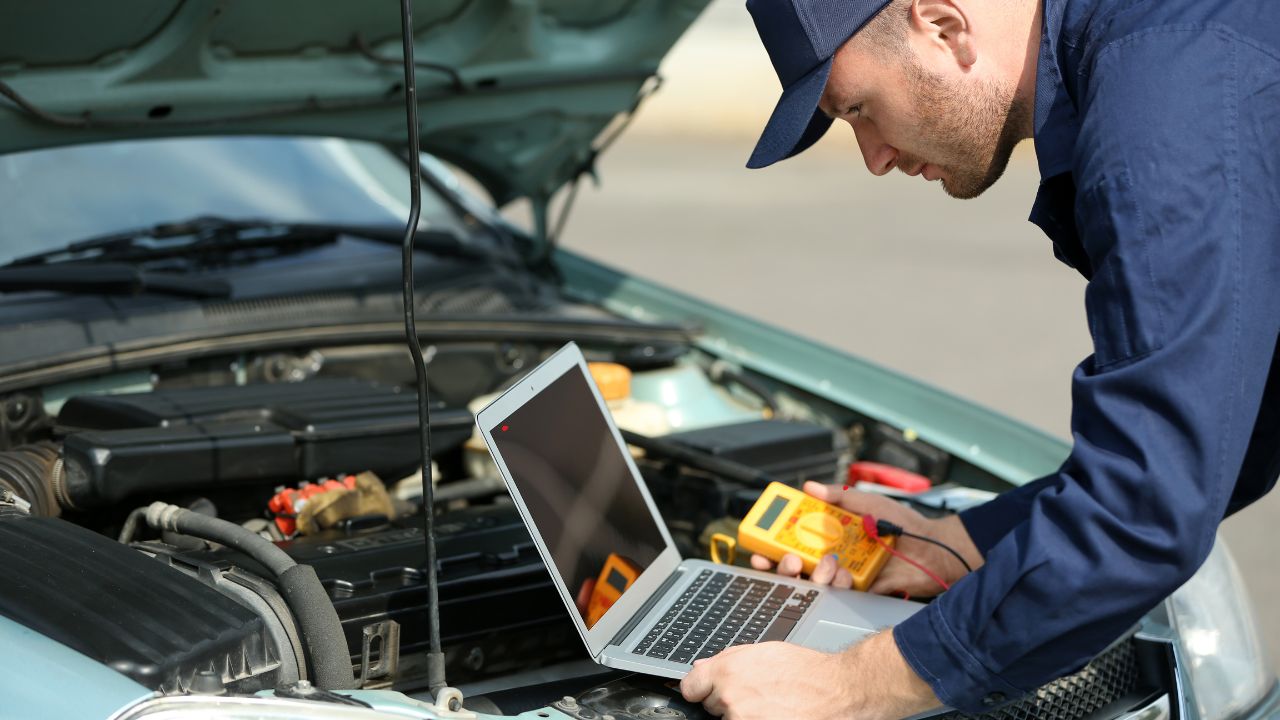If you’re shopping for a used car in Ohio, it’s important to understand the laws and protections that come with it. Ohio has specific regulations to protect consumers in the used car market, ensuring that buyers have certain rights and sellers meet their obligations. This article will walk you through the key aspects of Ohio’s used car laws, from lemon laws to title transfer procedures, so you can navigate your purchase with confidence.
Understanding Ohio’s Lemon Law
Ohio’s Lemon Law primarily applies to new vehicles, but it’s still important to know how it could affect a used car purchase. The Lemon Law covers vehicles that are less than a year old or have fewer than 18,000 miles, whichever comes first. If a defect is found that substantially impairs the use, value, or safety of the vehicle, and it cannot be repaired after a reasonable number of attempts, the manufacturer must replace or buy back the car.
How This Affects Used Cars
If you’re buying a used car that is still within its first year of service or under 18,000 miles, Ohio’s Lemon Law may still protect you. However, most used car purchases won’t qualify under this law. It’s important to ask the seller if the car was ever returned under the Lemon Law, as this information should be disclosed.
Implied Warranties and “As-Is” Sales

In Ohio, used car sales often involve an “as-is” clause. This means that the car is sold in its current condition, with no warranties, and the buyer assumes the risk of any issues that arise after purchase. However, there are still some protections under the law:
Implied Warranty of Merchantability
Even in an “as-is” sale, Ohio law requires that the car is fit for ordinary driving purposes. This is known as the implied warranty of merchantability. If a used car is found to be unsafe or inoperable soon after purchase, you may have legal grounds to seek compensation.
When Warranties Apply
If a dealer offers a warranty or makes specific promises about the condition of the car, these must be honored. Be sure to get any guarantees in writing, as verbal promises are harder to enforce.
Title Transfer Requirements
When you buy a used car in Ohio, transferring the title is a critical step. The title transfer process is what officially makes you the legal owner of the vehicle. Here’s what you need to do:
- Obtain the Title: The seller must provide you with a signed and notarized title. Make sure the title is clear of any liens (loans or debts associated with the car).
- Complete the Odometer Disclosure: Ohio law requires that the seller discloses the mileage of the car on the title. This is important for determining the car’s value and ensuring accuracy.
- Visit the BMV: You’ll need to take the signed title to your local Bureau of Motor Vehicles (BMV) office to complete the transfer. This must be done within 30 days of the sale to avoid late fees.
- Pay the Fees: There are fees associated with title transfer, including a title fee and, if applicable, sales tax based on the purchase price of the vehicle.
Failure to properly transfer the title can result in legal complications, so it’s crucial to follow these steps carefully.
Ohio’s Odometer and Vehicle History Laws
Ohio has strict laws regarding odometer readings and vehicle history disclosure. The seller must provide accurate information about the car’s mileage. Rolling back an odometer to make a car appear less used is illegal and can result in severe penalties.

Using Vehicle History Reports
Before purchasing a used car, it’s wise to obtain a vehicle history report. This report can reveal important details such as past accidents, title issues, and service records. To help with your research, you can use an Ohio license plate lookup service to check for any red flags associated with the vehicle. Additionally, you can look up car plates free using certain online resources, which can provide you with the car’s history and ownership details.
Consumer Rights and Complaints
If you encounter problems with your used car purchase, Ohio law provides several avenues for resolving disputes:
Filing a Complaint
You can file a complaint with the Ohio Attorney General’s Consumer Protection Section if you believe a seller has violated the law. This can include issues like undisclosed damage, odometer fraud, or failure to provide a title.
Small Claims Court
For disputes involving smaller amounts of money, you may be able to take your case to small claims court. This is a quicker and less expensive way to resolve issues compared to higher courts.
Seeking Legal Advice
In more complex cases, it may be wise to consult with an attorney who specializes in consumer rights or automotive law. They can help you understand your options and pursue legal action if necessary.
Final Tips for Used Car Buyers in Ohio

To make your used car purchase as smooth as possible, keep these tips in mind:
- Research Thoroughly: Take the time to investigate the car’s history, check for any recalls, and get a mechanic’s inspection before committing to a purchase.
- Get Everything in Writing: If the seller offers any warranties or makes promises about the car’s condition, ensure these are documented in the sales contract.
- Understand Your Rights: Familiarize yourself with Ohio’s used car laws and consumer protections to avoid common pitfalls.
By following these guidelines and understanding your rights under Ohio law, you can feel more confident in your used car purchase. Whether you’re buying from a dealer or a private seller, knowledge is your best tool in securing a fair deal.